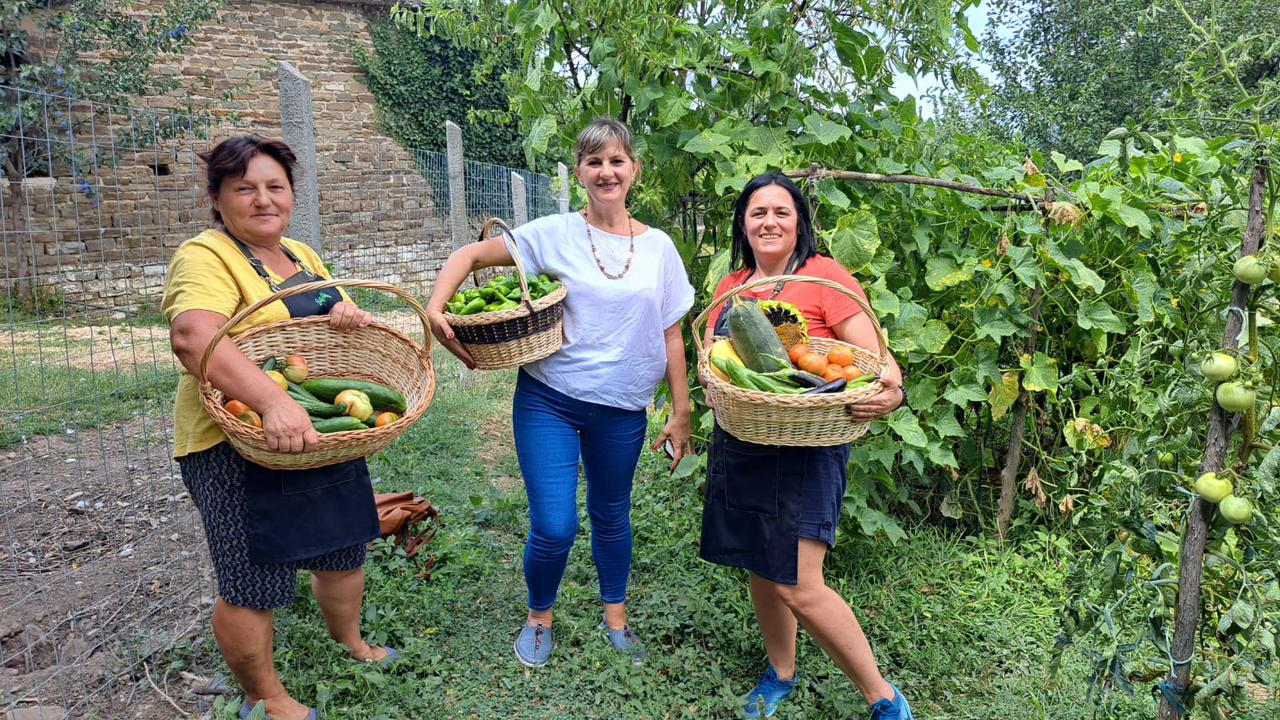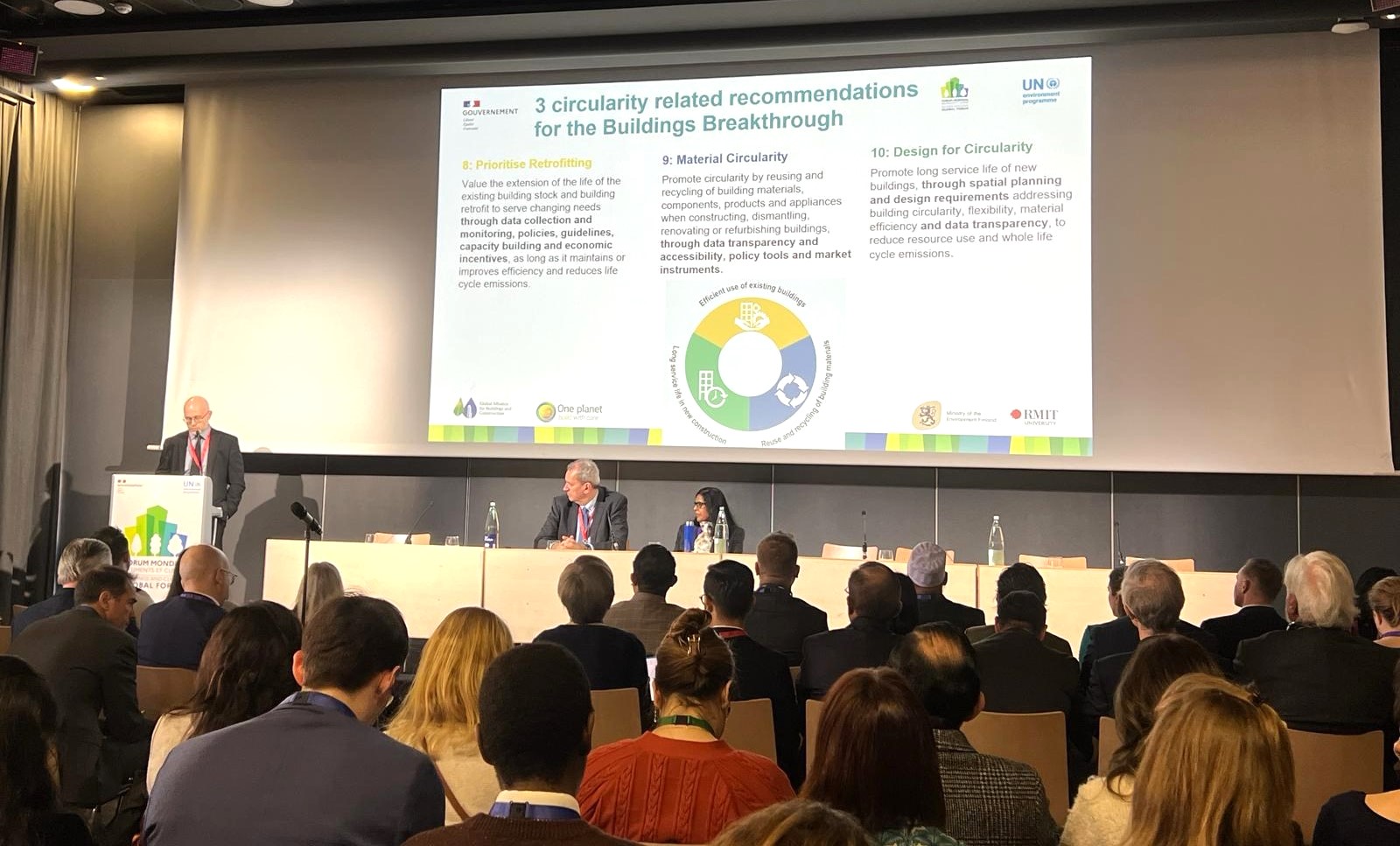DC-Agri
Results of a 5 year programme of field & laboratory experiments into the use of food-based digestate, green/food compost and green compost as renewable fertilisers. Including research into: (a) changes in soil & crop quality; (b) nitrogen release from digestate; & (c) emissions to the environment
To provide a robust scientific evidence base for farmers and policy makers, supporting informed decisions about the use of digestate and compost as renewable fertilisers.
As well as developing a range of training resources and guidance, publications cover a 5 year programme of field & laboratory experiments into the use of food-based digestate, green/food compost and green compost as renewable fertilisers. Field research was delivered across 22 sites in England, Scotland and Wales, focussing on three work packages: (a) changes in soil & crop quality; (b) nitrogen release from digestate; & (c) emissions to the environment. The project delivered an extensive programme of training for farmers, farmer advisers and agri students. Good practice guides, project bulletins and training resources are available via the project webpages. As well as full scientific reports, a research summary is available at the project webpages. Key results include: - Food-based digestate is a good source of readily available nitrogen, with c.55% total N becoming available to the crop in the year of application. - Digestate should be applied when there is a nitrogen requirement; applications at other times will not benefit crops and may cause pollution. - Compost can increase soil organic matter more quickly than other organic materials, eg farmyard manure. - Digestates and composts can increase yields with no negative impacts on crop quality or safety as a result of additional nutrients supplied.External source(s)
Image

Project start date
01/10/2010
Project end date
31/03/2016

